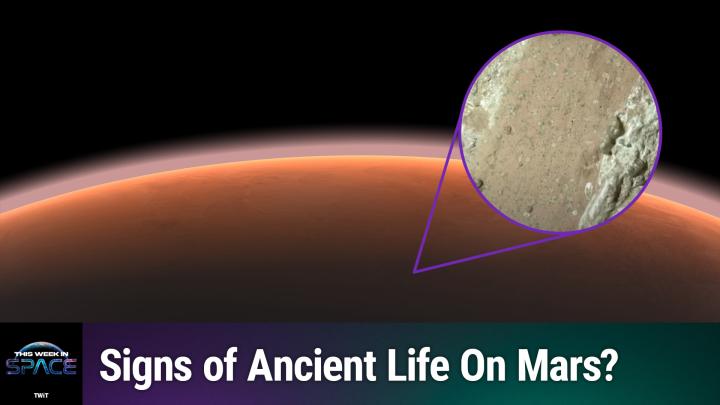Mercury MESSENGER Launch Postponed Until Tuesday
Thunderstorms and the threat of lightning early today forcedNASA officials to scrub their launch of the agency's first space probe toMercury in 30 years.
The poor weather, an expected offshoot of Tropical StormAlex churning off the eastern U.S. coast, delayed the Mercury-bound MESSENGERspacecraft's launch from Cape Canaveral Air Force Station in Florida for atleast 24 hours. Thick cloud cover also factored into the scrub decision.
"Lightning and launches don't mix well," said Omar Baez,MESSENGER's assistant launch director at Kennedy Space Center (KSC) in Florida,during countdown operations.
The launch attempt was officially aborted at 2:11 a.m. EDT(0611 GMT) during a scheduled hold with just four minutes remaining in the countdown.The spacecraft was originally set to ride a Delta 2 rocket into space at 2:16:11a.m. EDT (0616:11 GMT) and had a 12-second launch window to make the space shot.
Pad crews are now working to launch MESSENGER Tuesday at2:15:56 a.m. EDT (0615:56 GMT) - also with a 12-second window - when weatherconditions are expected to be more favorable. The mission itself has a 12-daylaunch window starting Aug. 2 in order to reach Mercury.
MESSENGER, an acronym for MErcury Surface, Space ENvironment,GEochemistry, and Ranging, is the first NASA spacecraft to Mercury sinceMariner 10, which swung by the planet in 1974. It is expected to pick up wherethe Mariner left off, the first step of which is filling in the gaps of a globalmap of Mercury that is currently only half complete.
"Here, we've got Mercury so close to us in the solarsystem and we've only seen one side of it," explained Ralph McNutt, a MESSENGERscience team member with the Johns Hopkins University Applied PhysicsLaboratory, during the countdown.
Breaking space news, the latest updates on rocket launches, skywatching events and more!
Researchers also hope MESSENGER will answer questions aboutMercury's above average density for its size, as well as its composition,surface and magnetic field. The spacecraft will take about seven years to reachMercury, swinging by Earth, Venus and Mercury itself before entering orbitaround March 2011.
Weather difficulties expected
Weather officials at Cape Canaveral were aware that poor weatherconditions could affect MESSENGER's launch, and estimated a 30 percent chancethat the space shot could be delayed.
"While everyone here is looking forward to the next sevenyears, I'll be very happy to get through the next 36 hours," said JoelTumbiolo, U.S. Air Force Delta 2 weather officer, during a prelaunch pressbriefing on July 31.
While the Tuesday launch date also carries a 30 percent riskof weather violations, launch officials said that regional thunderstorms shouldlargely be confined to daylight hours when tower roll back procedures arescheduled. The lightning conditions threatened by clouds from Tropical StormAlex should not be a factor during the countdown, they added.
Join our Space Forums to keep talking space on the latest missions, night sky and more! And if you have a news tip, correction or comment, let us know at: community@space.com.

Tariq is the award-winning Editor-in-Chief of Space.com and joined the team in 2001. He covers human spaceflight, as well as skywatching and entertainment. He became Space.com's Editor-in-Chief in 2019. Before joining Space.com, Tariq was a staff reporter for The Los Angeles Times covering education and city beats in La Habra, Fullerton and Huntington Beach. He's a recipient of the 2022 Harry Kolcum Award for excellence in space reporting and the 2025 Space Pioneer Award from the National Space Society. He is an Eagle Scout and Space Camp alum with journalism degrees from the USC and NYU. You can find Tariq at Space.com and as the co-host to the This Week In Space podcast on the TWiT network. To see his latest project, you can follow Tariq on Twitter @tariqjmalik.
